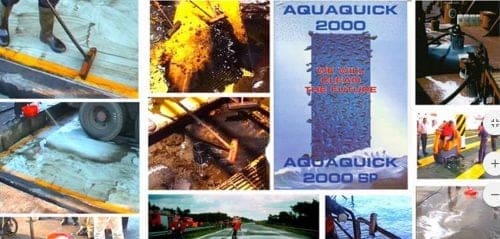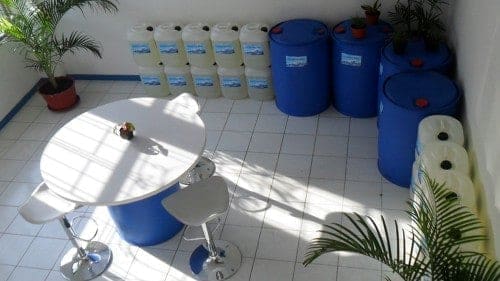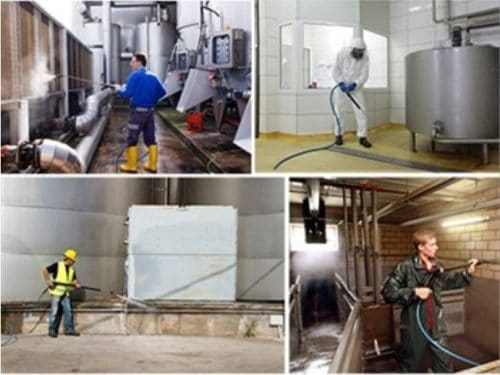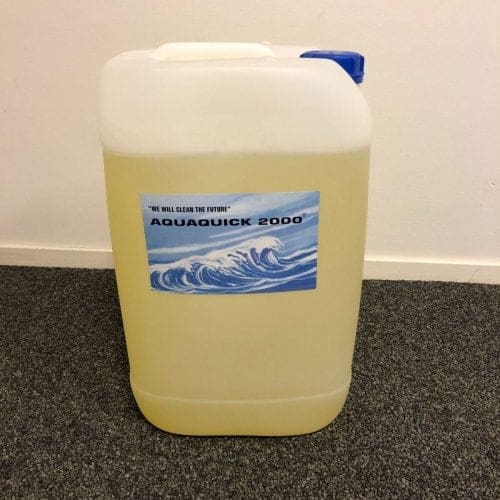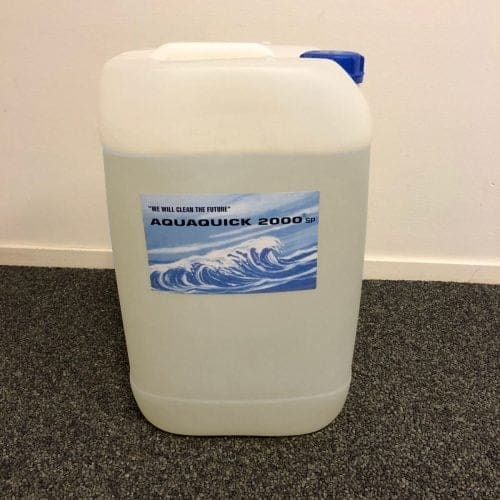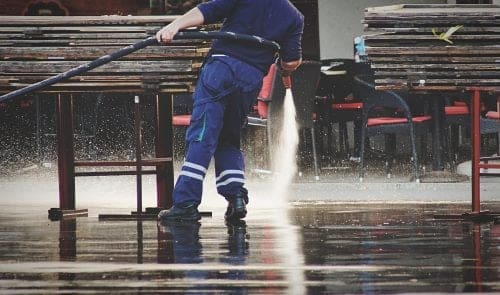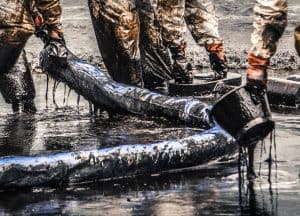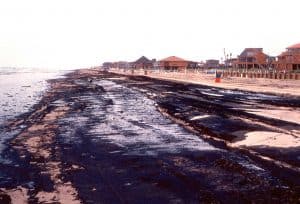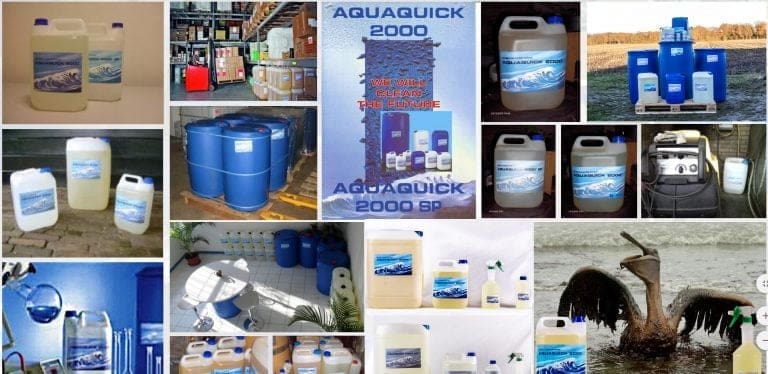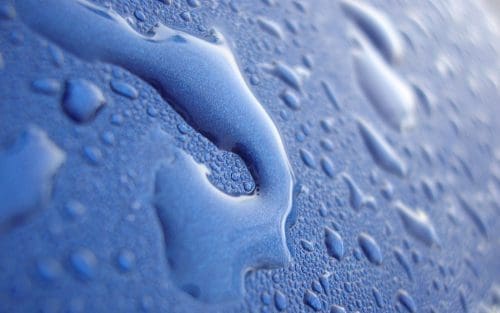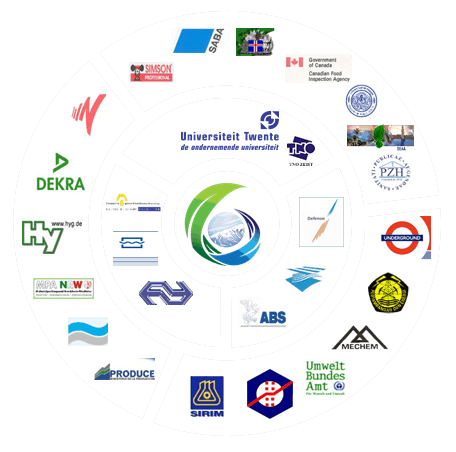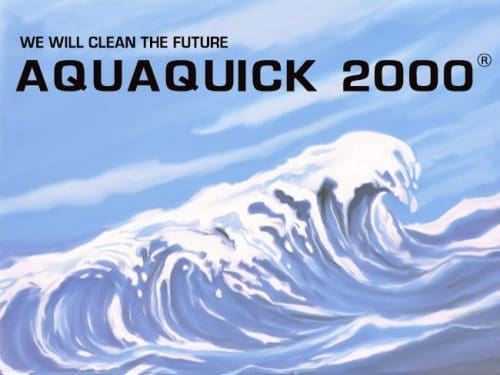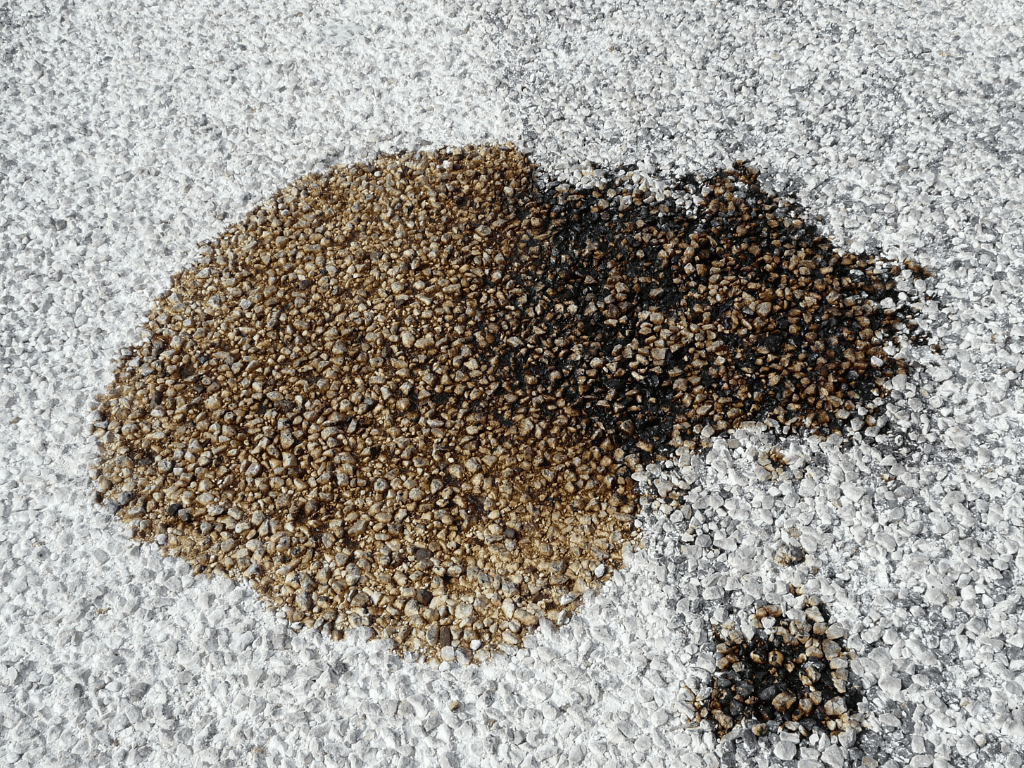An oil spill on the road can cause significant environmental damage and pose serious safety hazards. Understanding the causes, consequences, and potential cleanup solutions is crucial for minimizing its impact.
What Is an Oil Spill on the Road?
An oil spill on the road occurs when petroleum-based products, such as motor oil or diesel fuel, are accidentally released onto the road surface. These spills often result from vehicle accidents, fuel leaks, or improper disposal of oil waste.
Common Causes of Road Oil Spills
- Vehicle Accidents: Collisions involving fuel-carrying vehicles often result in large-scale oil spills.
- Mechanical Failures: Engine or fuel system failures can cause oil leaks.
- Improper Disposal: Dumping used motor oil illegally can contaminate roadways.
- Transport Mishaps: Improperly secured oil containers can spill during transportation.
Environmental and Safety Impacts of Oil Spills
Oil spills on roads pose multiple risks to both the environment and public safety.
Environmental Effects
- Soil Contamination: Oil seeps into the soil, making it less fertile and harmful to plant life.
- Water Pollution: Rainwater can wash oil into nearby water bodies, polluting rivers and streams.
- Wildlife Hazard: Animals may ingest oil while foraging or become trapped in contaminated areas.
Safety Hazards
- Traffic Accidents: Oil-slicked roads become extremely slippery, increasing the risk of vehicular accidents.
- Fire Risk: Oil is highly flammable, making even minor spills potential fire hazards.
- Health Concerns: Prolonged exposure can cause respiratory and skin irritation.
Immediate Response to Oil Spills on Roads
Quick and effective action is necessary to minimize the impact of oil spills.
Steps to Take Immediately
- Secure the Area: Block off the spill site to prevent accidents.
- Notify Authorities: Contact environmental and emergency services.
- Contain the Spill: Use absorbent materials like sand or specialized pads.
- Clean the Area: Specialized equipment can remove oil and restore the road surface.
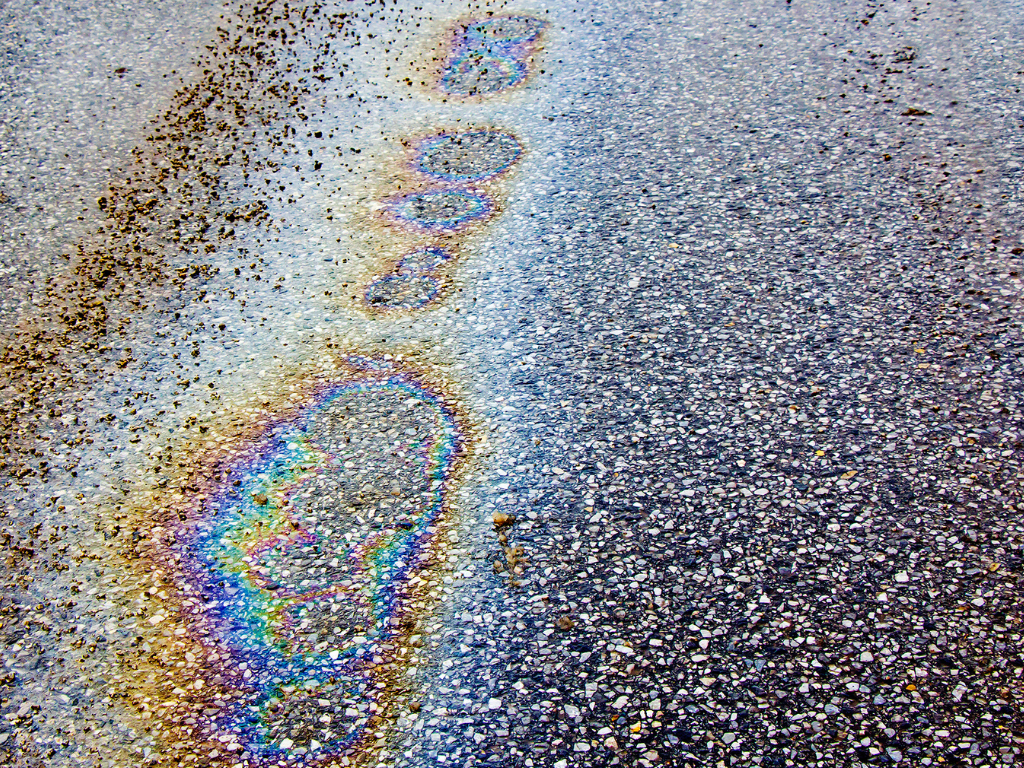
Long-Term Cleanup Solutions
Long-term remediation efforts focus on restoring the environment and preventing future spills.
Technological Solutions
- Oil-Absorbing Materials: Special mats and booms absorb oil effectively.
- Bioremediation: Using microorganisms to break down oil naturally.
- Chemical Dispersants: Agents that break down oil into less harmful components.
Preventive Measures
- Regular Vehicle Maintenance: Ensure that fuel systems and engines are in good condition.
- Safe Transportation Practices: Properly secure oil containers during transport.
- Public Awareness Campaigns: Educate the public about oil spill prevention.
Real-Life Example: Magallanes-Skyway Oil Spill Incident
In a recent incident on the Magallanes-Skyway in the Philippines, a tanker truck spilled oil on the highway, causing multiple accidents and significant traffic congestion. The spill created slippery road conditions, particularly hazardous for motorcyclists. Emergency teams worked swiftly to contain the spill, highlighting the need for preparedness and efficient spill management.
The Role of AQUAQUICK 2000 in Oil Spill Cleanup
AQUAQUICK 2000 is an environmentally friendly oil spill cleaner designed for land and road spills. Its biodegradable formula effectively breaks down oil, preventing long-term environmental damage. By using AQUAQUICK 2000, spill management teams can clean contaminated roads quickly while minimizing ecological harm.
The Impact of Oil Spills on Land and Wildlife

Oil spills on roads also affect surrounding land and ecosystems.
Effects on Soil and Water
- Soil Degradation: Oil prevents water absorption, reducing soil fertility.
- Groundwater Contamination: Spills can seep into underground water supplies, causing widespread pollution.
Effects on Wildlife
- Toxic Exposure: Oil ingestion can poison wildlife, causing liver and kidney damage.
- Physical Impairment: Oil-coated animals may struggle to move or fly, leaving them vulnerable to predators.
Conclusion
Oil spills on roads pose serious environmental and safety challenges. Preventive measures, quick responses, and innovative products like AQUAQUICK 2000 can mitigate their impact. Raising awareness and investing in cleanup technologies are essential steps toward preserving our environment and ensuring public safety.

